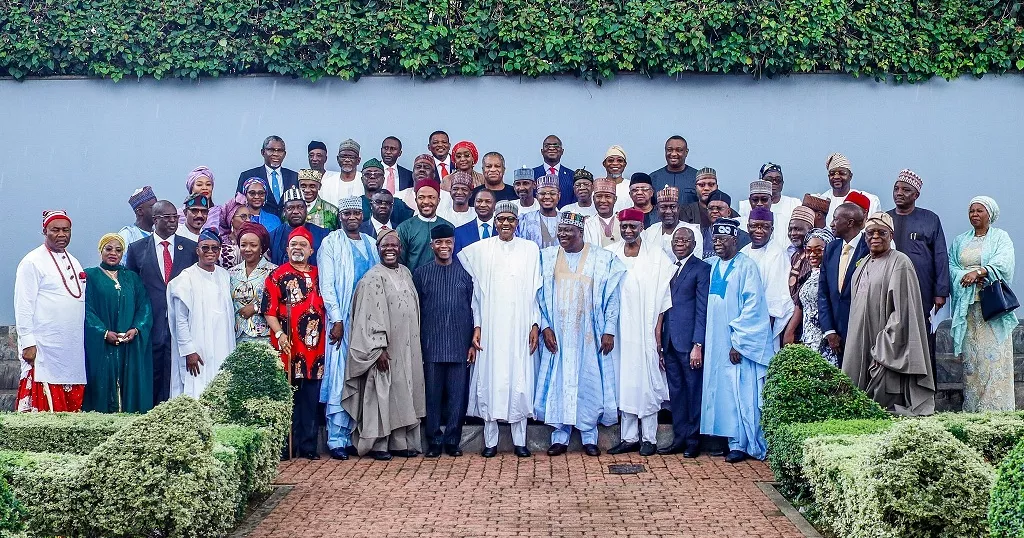Exploring Nigeria’s Ministries: A Comprehensive List of Nigeria’s Ministries;

Nigeria, as a vibrant and diverse nation, operates with various ministries that oversee different sectors and aspects of governance. These ministries play a crucial role in shaping and managing the nation’s policies, programs, and services. In this blog post, we will provide an overview of Nigeria’s ministries, shedding light on their respective areas of focus and responsibilities. Additionally, we will invite readers to share their opinions on the ideal heads for each ministry.
- Federal Capital Territory Administration:
The Federal Capital Territory Administration is responsible for the management and development of Nigeria’s capital, Abuja. - Federal Ministry of Agriculture and Rural Development:
This ministry focuses on agricultural policies, rural development, and food security initiatives within the country. - Federal Ministry of Aviation:
The Federal Ministry of Aviation oversees the development and regulation of the aviation sector in Nigeria, including airports, air transport, and related matters. - Federal Ministry of Budget and National Planning:
This ministry plays a crucial role in formulating and implementing Nigeria’s national development plans, economic policies, and budgetary frameworks. - Federal Ministry of Commerce and Industry:
Responsible for promoting trade, commerce, and industrial growth in Nigeria, this ministry seeks to drive economic development through business facilitation and investment promotion. - Federal Ministry of Education:
The Federal Ministry of Education focuses on formulating and implementing policies and programs to enhance the quality and accessibility of education at all levels in Nigeria. - Federal Ministry of Environment:
This ministry is dedicated to environmental protection, conservation, and sustainable development in Nigeria, addressing issues such as pollution, climate change, and natural resource management. - Federal Ministry of Finance:
The Federal Ministry of Finance manages Nigeria’s fiscal policies, revenue generation, budget implementation, and financial planning. - Federal Ministry of Health:
This ministry oversees healthcare policies, programs, and services, with a focus on improving public health and providing accessible and quality healthcare to all Nigerians. - Federal Ministry of Information and Culture:
Responsible for promoting Nigeria’s cultural heritage, the Federal Ministry of Information and Culture also facilitates communication, media, and public awareness campaigns. - Federal Ministry of Communications and Digital Economy:
This ministry is responsible for the development and regulation of communication technologies, digital innovation, and e-governance in Nigeria. - Federal Ministry of Interior:
The Federal Ministry of Interior focuses on national security, immigration services, civil defense, and the welfare of Nigerian citizens. - Federal Ministry of Justice:
This ministry oversees legal matters, administration of justice, and upholding the rule of law within Nigeria. - Federal Ministry of Labour and Employment:
This ministry deals with labor-related policies, workers’ welfare, employment generation, and industrial relations in Nigeria. - Federal Ministry of Petroleum Resources:
Responsible for managing Nigeria’s vast petroleum resources, this ministry oversees the exploration, production, and distribution of oil and gas. - Federal Ministry of Water Resources:
This ministry focuses on water resource management, ensuring access to safe water supply, irrigation, and water-related infrastructure development. - Federal Ministry of Women Affairs and Social Development:
Dedicated to promoting gender equality and the welfare of women, this ministry also addresses social development issues, including vulnerable groups and social protection programs. - Ministry of Mines and Steel Development:
Responsible for regulating the mining and steel industries, this ministry ensures the sustainable development and utilization of Nigeria’s mineral resources. - Ministry of Defence:
The Ministry of Defence oversees Nigeria’s defense policies, national security, and the armed forces. - Ministry of Niger Delta Affairs:
This ministry is specifically focused on the Niger Delta region, addressing issues related to development, infrastructure, and environmental management. - Ministry of Power:
Responsible for Nigeria’s power generation, transmission, and distribution
